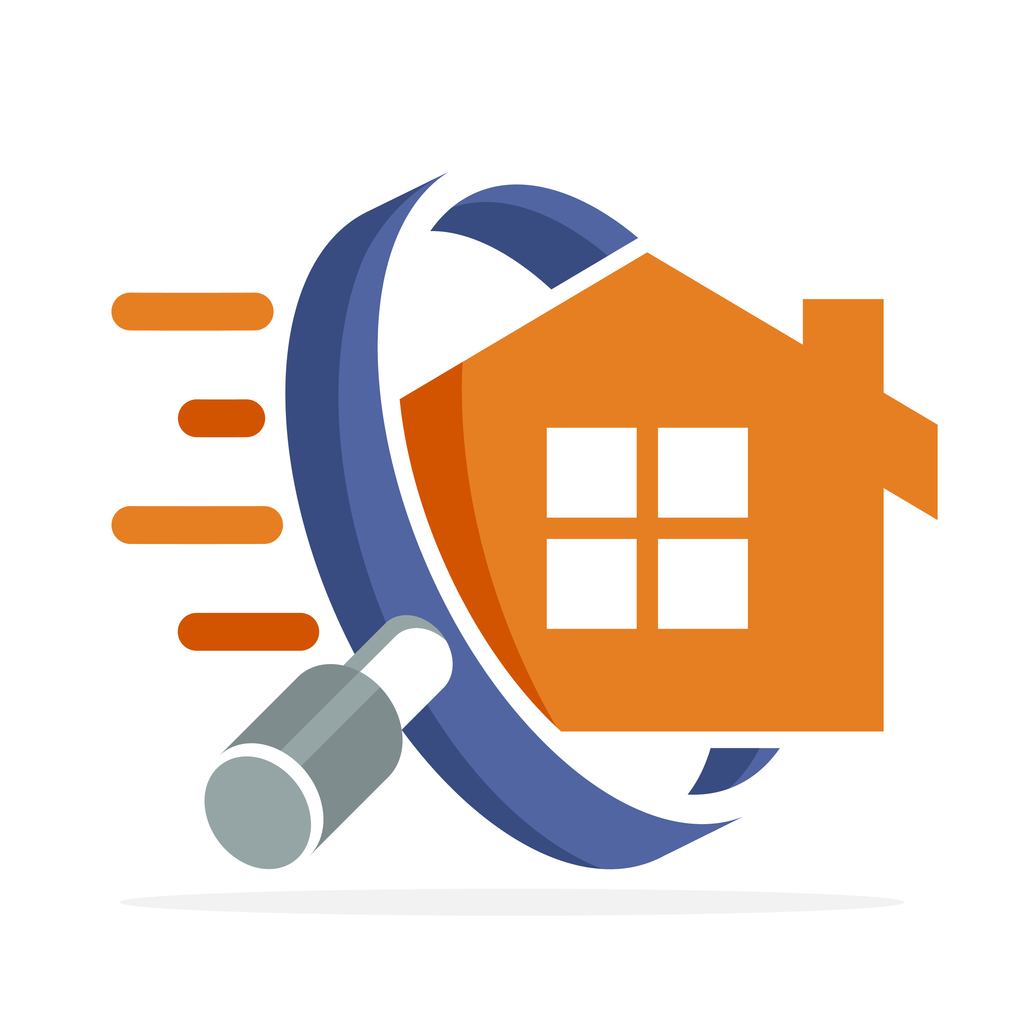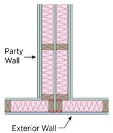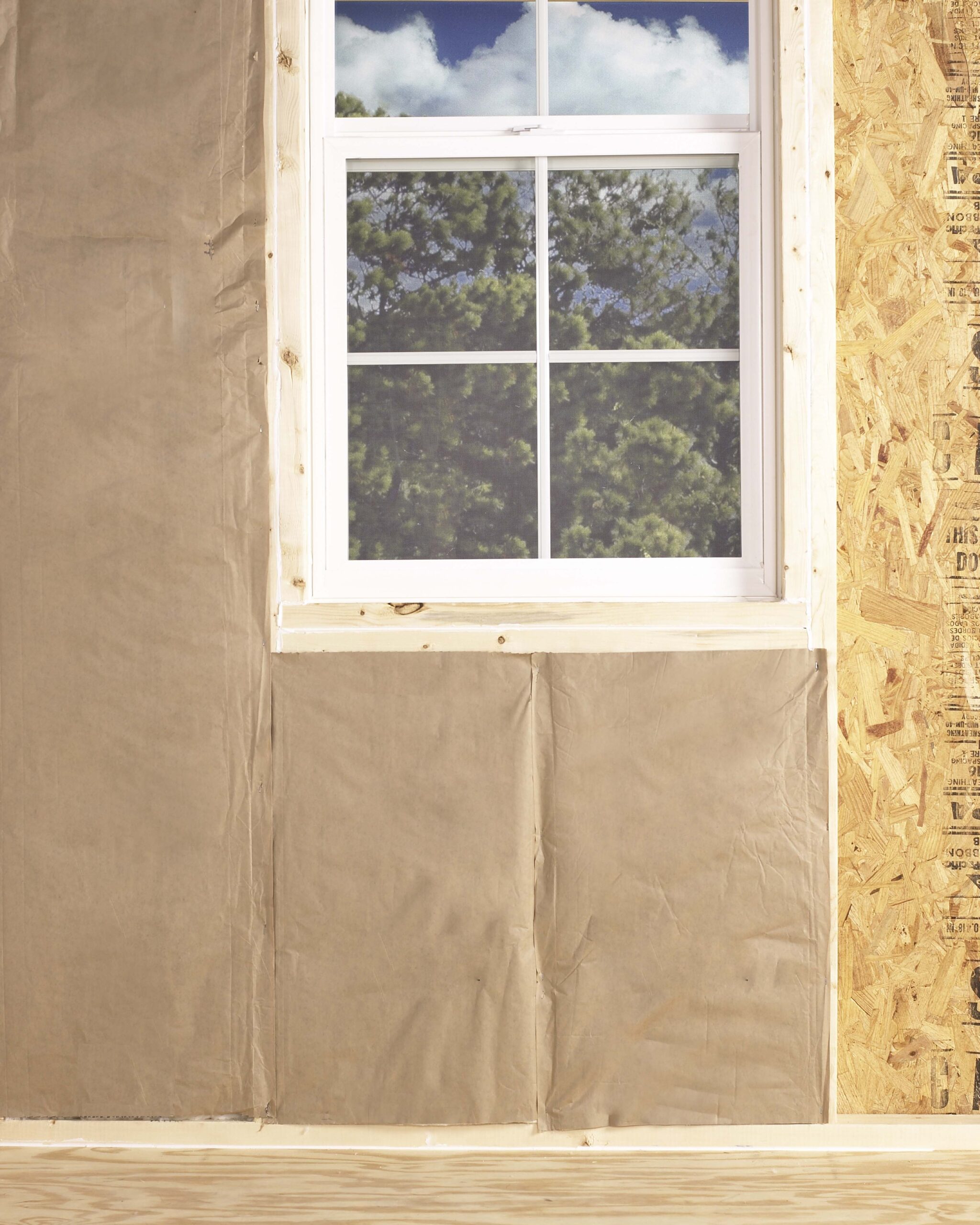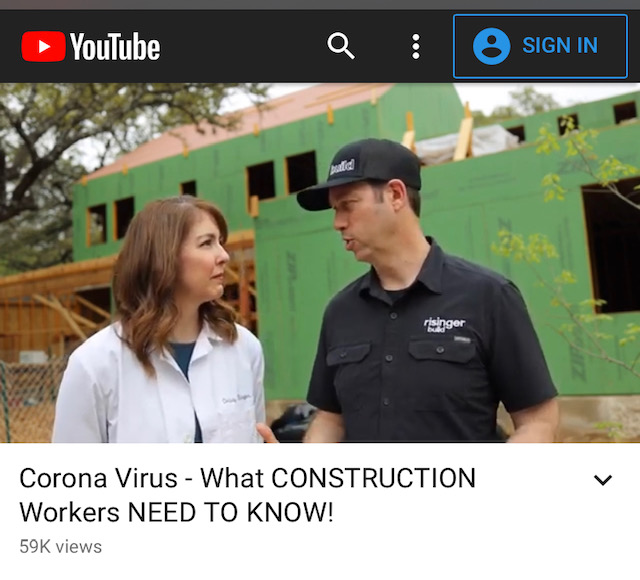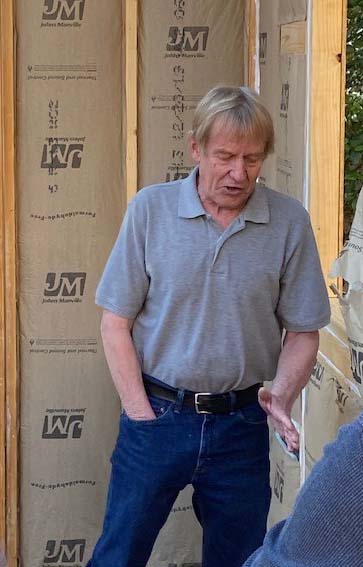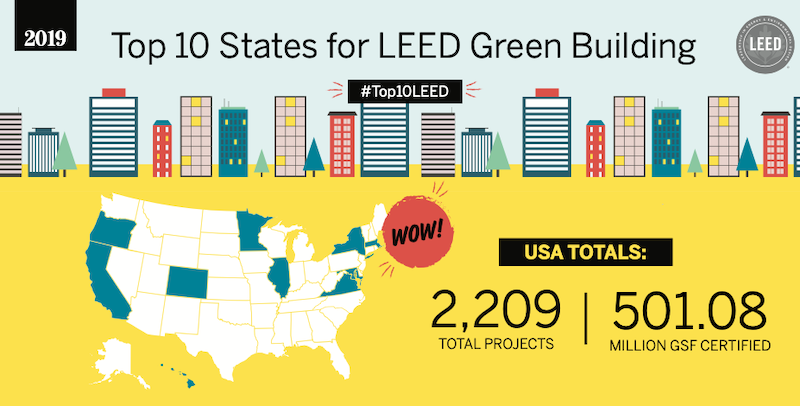The current pandemic has forced many industries to develop alternative methods for their typical operations, and construction is no different. In the first of a new series we’re calling, “How Construction Will Change,” Insulation Institute takes a look at a growing trend for the building industry: virtual code inspections.
Details »Insulation Institute Blog
A new study from the National Association of Home Builders reveals that one-quarter of the features home builders are most likely to include in new construction homes relate to energy efficiency. Despite the popularity of energy efficiency features, some builders are conflicted about them in part because they believe they cannot recoup the investment. Insulation Institute spoke with Sandra Admomatis of Adomatis Appraisal Service for some insight into how builders can shift their focus to leverage energy efficiency in marketing fully.
Details »Thomas Branch is president of Comfy House, a Pennsylvania-based home performance company that specializes in building energy modeling, energy efficiency retrofits, and energy efficiency inspections. As a RESNET and BPI certified rater with decades of experience in the business, Branch is qualified to speak about the deficiencies he sees in energy code enforcement. Insulation Institute recently spoke with Branch about what he sees as a noticeable decline in code enforcement and how the system should change.
Details »Video home tours are not new in real estate, but the current COVID-19 health crisis is driving an increase in these digital tours, according to Mike Swinney, a Northern Virginia-based realtor. Swinney has more than 12 years’ experience selling homes in one of the hottest housing markets in the nation. Swinney estimates a 50 percent volume increase in digital tours in recent weeks. While the growth may largely be attributed to health concerns, many experts in the housing industry predict the uptick in digital tours will remain when the crisis wanes.
Details »Building codes serve the fundamental purpose of enabling occupant welfare and safety. However, at times the lack of clarity in building code requirements creates a barrier to compliance for builders.
Details »Insulation contractors can take advantage of extra down time to learn new skills and techniques to help on the job with NAIMA’s extensive catalog of training resources.
Details »In a special edition of “The Build Show” this week, custom builder Matt Risinger is joined by his wife, internal medicine physician Dr. Christy Risinger to discuss the steps that his construction company is taking to be safe during the COVID-19 pandemic. The pair outline practical tips regarding scheduling trades, distancing between workers, and safe hygiene practices that should be implemented to mitigate the spread of the disease in the construction industry.
Details »The RESNET 2020 conference held in Phoenix this week, included a live demonstration session on getting Grade I installation with batt insulation. For anyone tasked with reviewing batt insulation jobs, this hands-on, open forum training offered a chance to review what a Grade I job looks like — and what it doesn’t.
Details »Energy efficiency is indisputably essential to addressing global climate change. At the forefront of organizations promoting strategies to tackle the climate crisis is the Natural Resources Defense Council (NRDC). Insulation Institute spoke with David Goldstein, Co-Director of Climate and Energy at NRDC, about how the building sector in America can more aggressively pursue a comprehensive energy efficiency initiative to address climate change. Goldstein is a heavy hitter in the energy efficiency arena, having worked since the 1970s on energy efficiency and energy policy (and also founded Residential Energy Services Network). Goldstein offers the following four-point blueprint for achieving an active decade of progress on climate goals.
Details »Leadership in Energy and Environmental Design (LEED) is the most widely used green building rating system in the world, and the number of LEED-certified buildings in the United States continues to grow. The U.S. Green Building Council (USGBC) recently released the top 10 states for LEED Green building in 2019, a year in which the total number of certified projects reached 1,181.
Details »